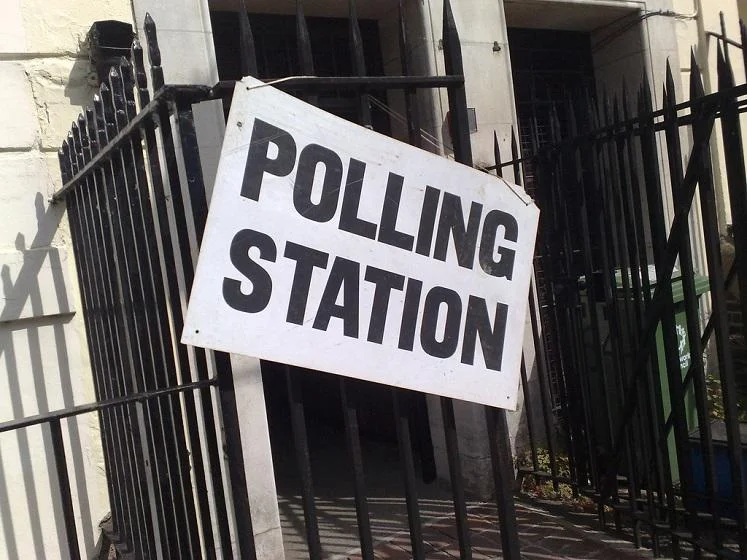Men born early in their year group are more likely to become top politicians

Being born earlier in the year increases the chances of being elected to parliament, new research from the London School of Economics and Political Science (LSE) has found.
The study, published in the European Journal of Political Economy, analysed whether the time of year of children’s birthdays affected the likelihood they would go on to succeed as political candidates.
The authors looked at sample of data from Finland between 1996 and 2012. In Finland, although the academic year begins each September, an individual’s school starting year is determined by the calendar year. The advantage that children born early in the calendar year, therefore being oldest within cohort, may be described as the ‘relative age effect’.
They found that in parliamentary elections, children born earlier in the calendar year were more likely to be elected than those born later in the year. Specifically, the authors found being born on January 1st instead of December 31st increases the probability of a candidate being elected to the parliament by 6.9 percentage points. The authors note the existence of a relative age effect in politics supports the findings of similar studies, in professional sports and education performance.
The authors write that such ‘artificial rules imposed by society may create persistent inequality’ and could result in the ‘irreversible loss of potential talent among the relatively young in many areas of human life.’
The relative age effect was not evident in women candidates, nor in the relatively less competitive municipal elections, or the less competitive parliamentary districts. The authors suggest that this lack of effect can be explained by the observed underrepresentation of early born candidates among these groups. Early born women and potential municipal candidates may disproportionately seek career opportunities in other sectors.
Dr Janne Tukiainen, Visiting Professor in the Department of Government at LSE, said: "The finding that the relative age effect is present only for males in competitive political environments suggests that the effect may be driven by the human capital accumulation process, such as building self-confidence. This is a result from, in particular, the males benefiting from being able to successfully compete with their peers from early on in life.
"Given our results, it would be important that schools, and for example sports clubs, pay more attention to mental and physical maturity, rather than age when dividing cohorts, to create the conditions where all individuals can reach their full potential."